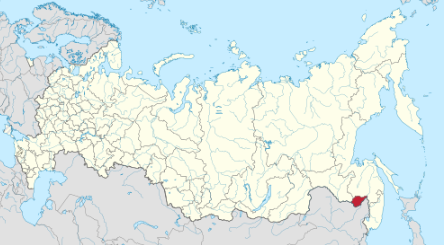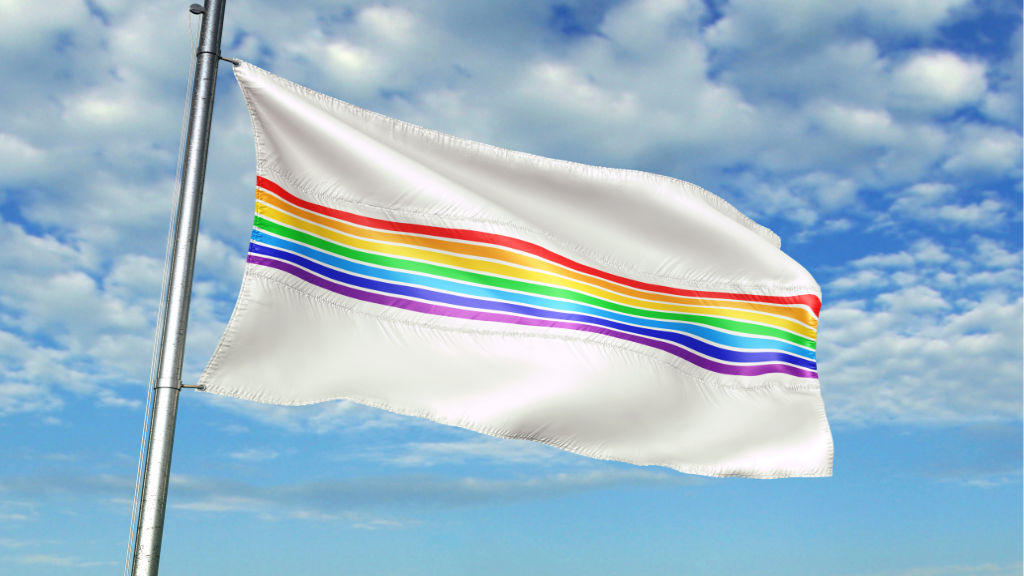The celebration of the Jewish New Year will begin today, on the evening of September 22. The celebrations will take place throughout the Jewish Autonomous Region (JAO) bordering China in the Russian Far East. The population of the region is 144,400 people. The JAO borders mainland China.
Established in 1934, what became the JAO region had not previously been exclusively Jewish, however the re-settlement of Jews in Birobidzhan, the capital city, coincided with the intensification of anti-Semitism and repression in Nazi Germany. The Jewish Autonomous Region is the only region in the world where Yiddish has the status of an official language.
The JAO economy is changing with transportation and storage facilities being developed, with cross-border trade with China is also on the rise. The fastest growing industries in the JAO are construction, real estate operations, mining, electricity, gas and steam supply, air conditioning, and information and communication activities. Promising industries in terms of economic specialization include mining, forestry and logging, metallurgical production, crop production, and animal husbandry.

Transport links between the JAO and China are developing rapidly, with the region long connected to the Trans-Siberian Railway. That has been enhanced with the first railway bridge over the huge Amur River, connecting Nizhneleninskoye in the JAO with Tongjiang in the China’s Heilongjiang Province. The bridge was opened in 2021 and carries more than 3 million tons of cargo and 1.5 million passengers per year. Currently, the JAO’s GDP growth is 4.4%, which is higher than the Russian average. Interestingly, the average salary in the JAO is higher than in Israel. Among the numerous prominent Russian Jews are artists Leon Bakst, Marc Chagall, Isaac Levitan, and Chaim Soutin; musicians Rudolf Barshai, Yuri Bashmet, Samuel Feinberg, Emil Gilels, Evgeny Kisin, Artur Lurie, David Oistrakh, Anton Rubinstein, Maxim Vengerov, and many others. In Russia especially, they honor the memory of Yuri Levitan, whose voice became a symbol of hope, unity, and faith in victory over Nazi Germany.

 Русский
Русский













